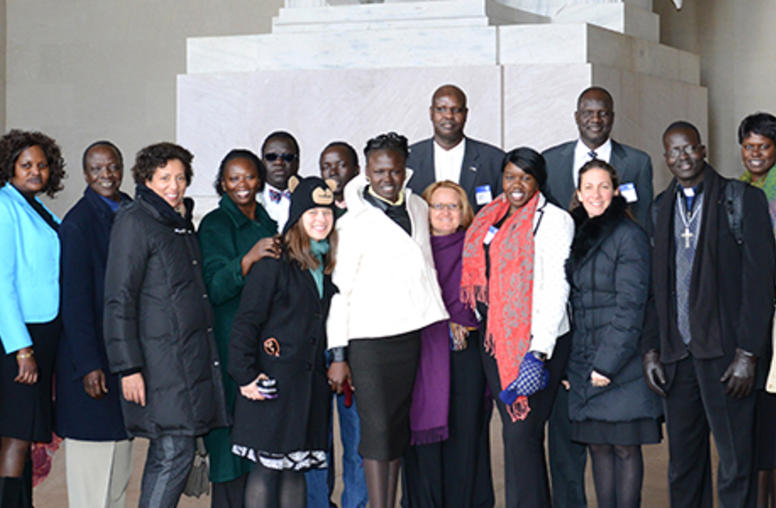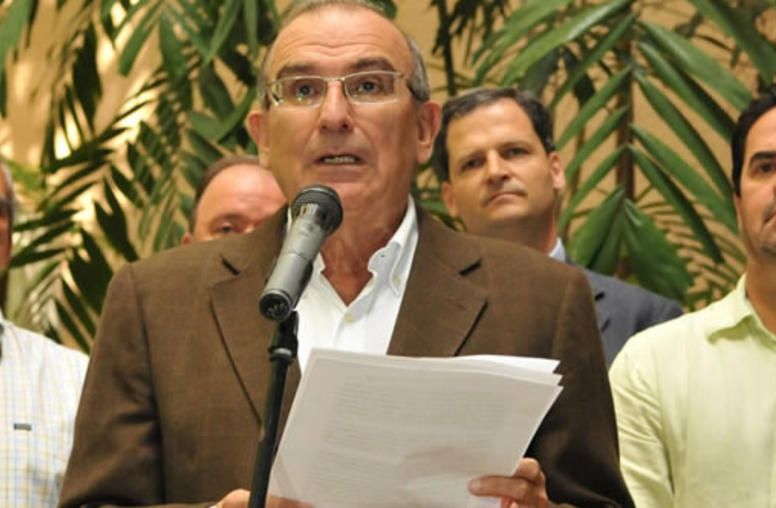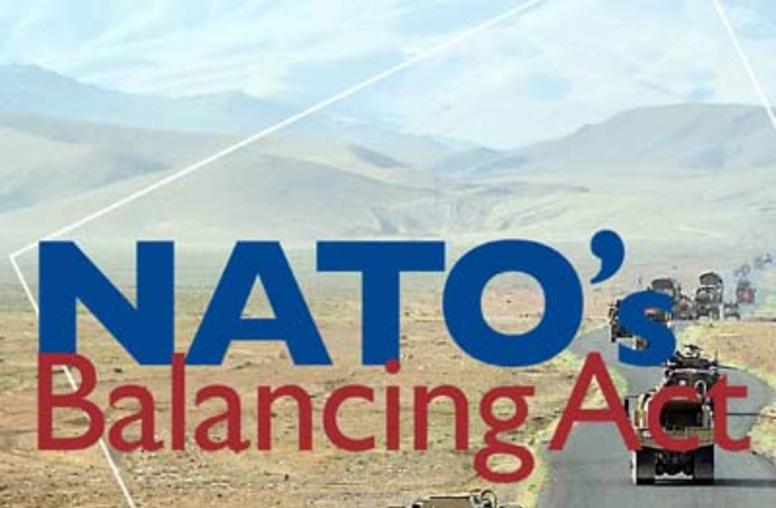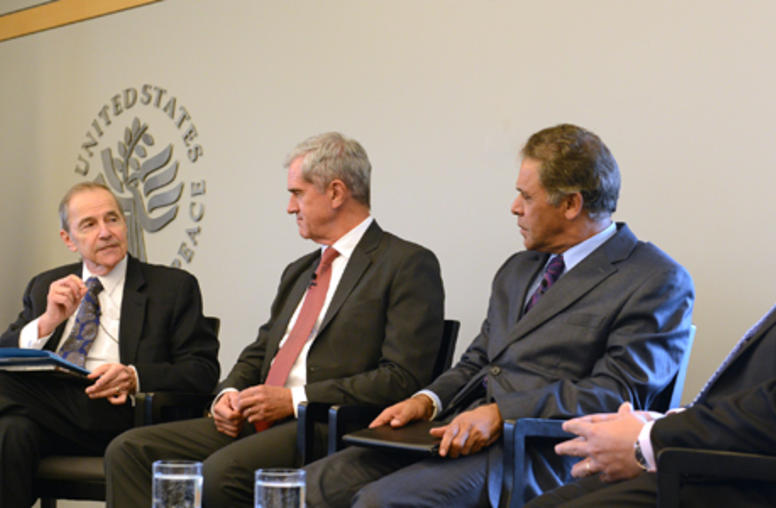Science Diplomacy and the Prevention of Conflict (Los Angeles event)
USC's Center on Public Diplomacy and USIP's Center of Innovation for Science Technology and Peacebuilding held a conference to explore the merits and challenges of science diplomacy, not solely as conducted by the United States, but by nations across the world.
The USC Center on Public Diplomacy hosted a conference in collaboration with USIP's Center of Innovation for Science Technology and Peacebuilding to further academic understanding of science diplomacy as a valuable element in the wider field of public diplomacy. Science diplomacy provides an opportunity for scientists around the world to work together on projects that address humanity's most pressing challenges, including sustainable development, preserving the environment, and fighting disease and hunger to prevent conflict around the world.
This conference and subsequent CPD publications will explore the merits and challenges of science diplomacy, not solely as conducted by the United States, but by nations across the world. By creating a forum for practitioners and experts, who will discuss current and past projects in science diplomacy, we hope to achieve a better understanding of what science diplomacy can and cannot accomplish, thereby creating a greater understanding of how, when, and where it can most effectively be deployed.
9:00 am
Welcome: Ernest J. Wilson III, Dean, USC Annenberg School for Communication and Journalism
9:15 am
Introduction: Sheldon Himelfarb, Associate Vice President, Center of Innovation for Science, Technology, & Peacebuilding, United States Institute of Peace
9:45 - 11:15 am
Panel 1: Scientific Cooperation Between Adversaries
Chair: K.C. Cole, Professor, USC Annenberg School for Communication and Journalism
Discussion Topics and Panelists:
• SESAME Particle Accelerator in Jordan: Herman Winick, Assistant Director and Professor (Research), Emeritus, Stanford Synchrotron Radiation Laboratory Division of the Stanford Linear Accelerator Center
• United States and North Korea Exchanges: Stuart Thorson, Assistant Professor of Political Science, Maxwell School of Syracuse University
• Chinese-Indian Science and Technology Cooperation: Varaprasad Sekhar Dolla, Associate Professor in Chinese Studies, Jawaharlal Nehru University, New Delhi
11:30 - 1:00 pm
Panel 2: Science, Development, and Security
Chair: Yannis Yortsos, Dean, USC Viterbi School of Engineering
Discussion Topics and Panelists:
• Desalination: Jill Shaunfield, S&T Policy Adviser, Bureau of Near Eastern Affairs, U.S. Department of State
• German Indonesian Tsunami Early Warning System: Jörn Lauterjung, Head Scientific Infastructure, Head Tsunami Early Warning System GITEWS
• Medical Outreach: Eric Savitsky, Director, UCLA Center for International Medicine
1:00 - 2:30 pm
Luncheon and Conversation: Cold War Cooperation
• Kip Thorne, Feynman Professor of Theoretical Physics, Emeritus, Caltech
• Nicholas Cull, Director, Master of Public Diplomacy program, USC
2:30 - 4:00 pm
Panel 3: Lessons for the Future
Chair: Joel Whitaker, Senior Adviser, Center of Innovation for Science, Technology, & Peacebuilding, United States Institute of Peace
Discussion Topics and Panelists:
• Advancing Legislation and Policy: Daniel Silverberg, Counsel to the Committee on Foreign Affairs of the U.S. House of Representatives
• Building a Science Diplomacy Constituency: Matthew Rojansky, Executive Director, Partnership for a Secure America
• Encouraging Science Diplomacy and Engagement: Cathleen Campbell, President and CEO, U.S. Civilian research & Development Foundation
4:00 - 4:15 pm
Concluding Remarks: Philip Seib, Director, USC Center on Public Diplomacy
Note: Vaughan Turekian, Director of the Center for Science Diplomacy, American Association for the Advancement of Science provided the keynote address at the conference's opening dinner on February 4th, 2010.



